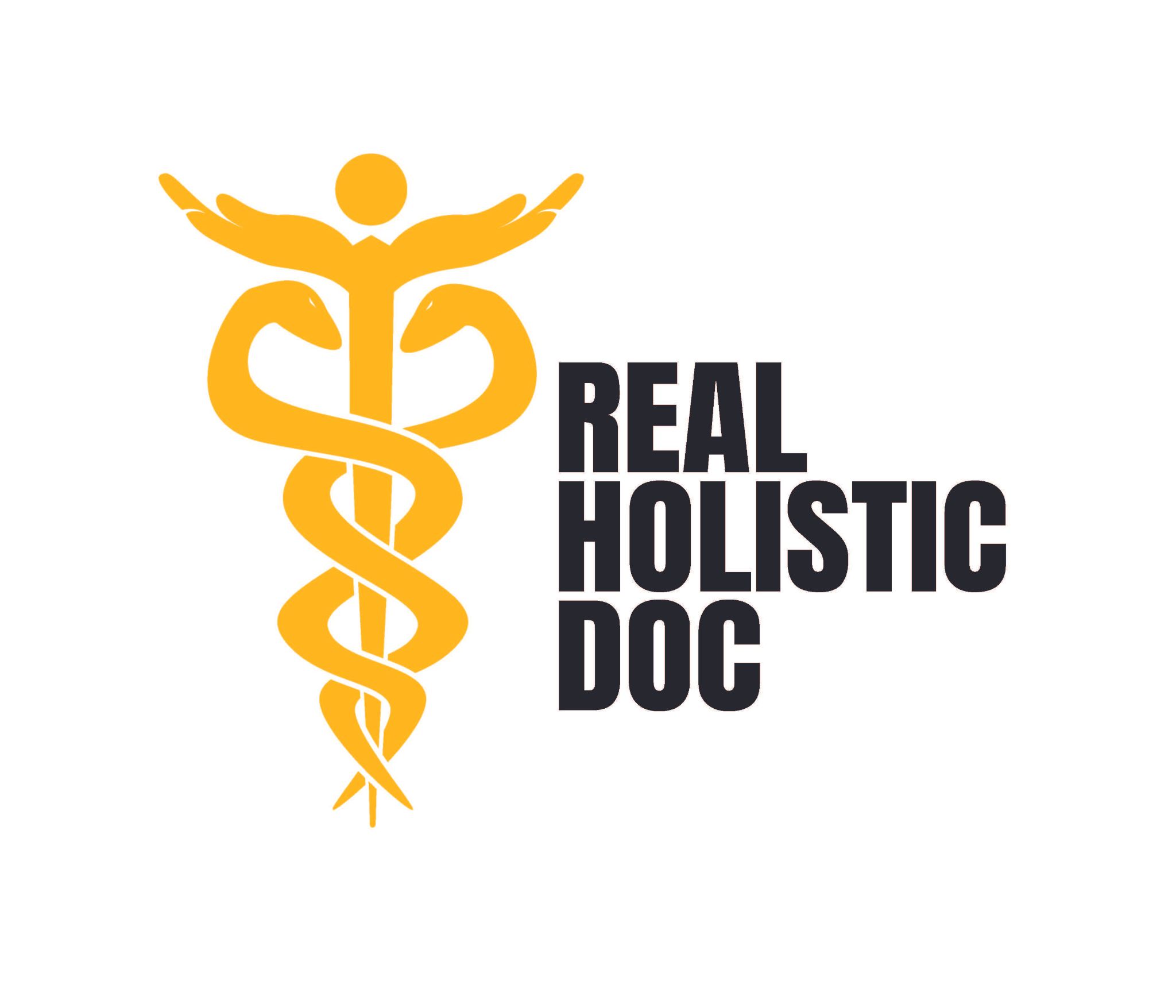Our home has had no white sugar in it for almost 4 decades. Our sweetener of choice is honey. (For those rare dishes which do not do well with it, we use fructose which is twice as sweet as table sugar, so half the calories. And at most, we use a pound a year!)
Honey, on the other hand, we use freely. I probably consume two teaspoons daily, maybe, at most, 3. Compared with the average American’s intake of 170 pounds of sugar a year, that makes me a real piker.
Now, I may get a couple of pounds of sugar each year from dark chocolate. I suspect that someone eating a diet of real food plus adequate supplements might experience little harm from a half-pound of sugar each month. On the other hand, 42 to 60 teaspoons of sugar daily—the average intake—is extremely dangerous!
Honey is the only food that does not spoil.
Honey that is a few thousand years old is just as good as it was originally. (Here’s the chemistry behind its infinite shelf-life.)
And there are many health benefits from honey. It has been used for many thousands of years at least as early as the Stone Age. It has also been considered the ”food of the gods.” In ancient Egyptian medicine, honey was the most common ingredient. Aristotle believed it prolonged life. And honey has been used to treat wounds for at least 2000 years, one of the uses most scientifically studied today.
Folk remedies include its use to treat pimples, tuberculosis, hemorrhoids, headache, sore throat (especially mixed with cinnamon), gastric ulcers, eye diseases, infected wounds, constipation, burns and boils. Now here are some of the scientific facts.
Now here are some of the scientific facts. Honey:
- Has antibacterial effects
- Stimulates healing of leg ulcers
- Heals infected wounds
- Stimulates regeneration of skin
- Is non-irritating and helps soothe pain from wounds
- In rats who have been fed only 50% honey, acute loss of blood equal to losing a pint of blood in a 70 Kg person, resulted in significantly lower fasting blood sugar and marked improvement in a wide variety of blood chemistries, compared with rats on a regular diet
- Is as effective as acyclovir in treating recurrent herpes simplex lesions
- Relieves post-tonsillectomy pain and reduces the need for analgesics
- Assists healing of radiotherapy skin toxicity in breast cancer patients
- Has a glycemic index of only 69 to 74, compared to 100 for sugar
- Is antifungal against Candida, the common yeast infection
- Speeds up the elimination of alcohol from the bloodstream and reduces intoxication time
- Has anti-staphylococcal activity
- Has significant anti-oxidant properties
- Helps prevent periodontal disease and heal mouth ulcers
- Increases plasma anti-oxidant capacity
- Significantly enhances probiotic growth in the intestines
- Increases calcium absorption
- May lower blood lipids
- Inhibits mycotoxins in food
- Honey may be most health-promoting when it is produced within 50 miles of the consumer
There are of course some warnings:
Honey should not be fed to infants under the age of one.
Some individuals may be allergic to some honey, because of the pollen residues.
Pasteurized honey may lose some of its anti-allergy benefits.
Diabetics must not consume large amounts of honey.
When combined with cinnamon, honey appears to have an even lower glycemic index. Obviously, diabetics need to minimize honey, but its glycemic index alone is no higher than a baked potato! For everyone honey is definitely the preferred sweetener.
Norman Shealy, M.D., Ph.D. is the father of holistic medicine. He recommends autogenic focus (the basis of the Biogenics System) as part of your overall commitment to self-health. Register to download your FREE autogenic focus MP3 now.
